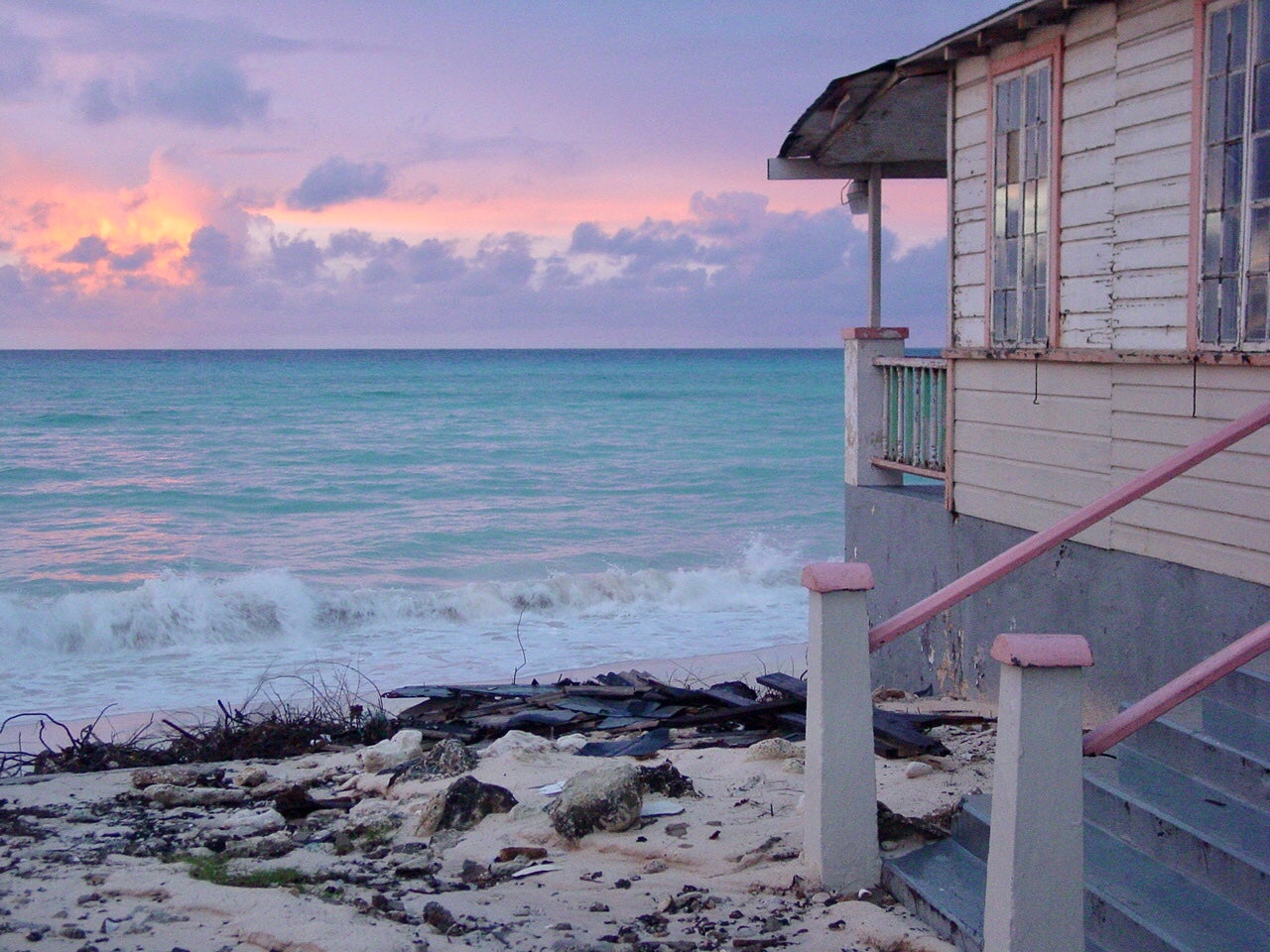Simon Calder: Stranded in paradise? You can’t put a price on it
Plane Talk: No airline is allowed to cap welfare costs when a flight gets cancelled

Sometimes, a broken-down plane can prove a blessing. Air Transat bestowed me with an unexpected three days in Toronto: paying for a stay at the Hilton, no less, that allowed me to appreciate the mosaic of cultures and cuisines in Canada’s largest city. Flying back eventually to London Stansted was a disappointment. And when the air-conditioning failed on a Tui flight from Santo Domingo to London Gatwick, I relished the opportunity to explore the capital of the Dominican Republic.
There are many worse places to be stranded than the Caribbean. Yet for Mark Pantlin and hundreds of other Tui passengers this week, being unexpectedly stuck in Barbados was not the gift you might expect it to be. The passengers had boarded their Boeing 787 to Gatwick and were waiting to go. But then, he told me: “We heard a loud bang.”
A ground vehicle had struck the aircraft. After an inspection and discussions with engineers in the UK, the flight was cancelled.
Tui does not have spare aircraft sitting around in “outstations” such as Barbados. All 342 passengers, along with the crew, would have to stay another night at the airport.
Under air passengers’ rights rules, airlines must provide hotels (plus transport to get there) and meals for overnight delays. But even after keeping everyone on board for a further five hours, not enough hotel rooms could be found. Only the pilots, cabin crew, families with young people and elderly or infirm passengers were assigned accommodation.
Which left hundreds of people in a pickle. The Civil Aviation Authority (CAA) accepts airlines may not be able to meet their obligations, saying: “Sometimes airlines are unable to arrange care and assistance for all passengers. This can happen when staff are stretched during major disruptions.
“If this happens, in our view you have the right to organise reasonable care and assistance yourself, then claim the cost back later.”
Tui told stranded passengers: “If you manage to find suitable accommodation, we’ll reimburse up to €180 per household to help cover any extra travel, meal, or accommodation costs you may incur.”
That equates to £153 – or £38 per person for a household of four people for hotel rooms, transport and 24 hours of meals on one of the most expensive islands in the Caribbean.
Yet as Tui knows full well, there is no upper limit and airlines cannot impose arbitrary caps. A cynical person might suspect that this huge and highly profitable company intended to convince passengers into thinking there was a cap on spending. Faced with paying hundreds of pounds more, the passenger might decide simply to sleep at the airport. Which is what most of them did.
How do Tui’s rivals compare in communicating the fact that no airline is allowed to cap welfare costs when a flight gets cancelled? EasyJet says: “We can only reimburse expenses for standard class or shared transport, three-star or equivalent hotel/accommodation, where available.” Of course, you should keep the bill down as much as possible but if only a four- or five-star is available, easyJet must pay; ensure you have evidence, for example in the shape of screenshots from hotel searches.
British Airways says only “we will consider [my italics] reimbursing reasonable expenses”. But BA does point out it will meet the cost of “two telephone calls or internet-related costs to contact people outside the airport”.
Back at Tui, after I challenged the company, a spokesperson told me: “We gave the amount as a guidance for customers but understand that it may have been misleading. Therefore, we are ensuring messages are clearer in the future.”
I shall be watching. Meanwhile Tui, to its credit, is issuing each of the 342 passengers with £520 in cash compensation without them needing to apply. And Tui package holiday customers each get an extra £200 holiday voucher.
Subscribe to Independent Premium to bookmark this article
Want to bookmark your favourite articles and stories to read or reference later? Start your Independent Premium subscription today.

Join our commenting forum
Join thought-provoking conversations, follow other Independent readers and see their replies